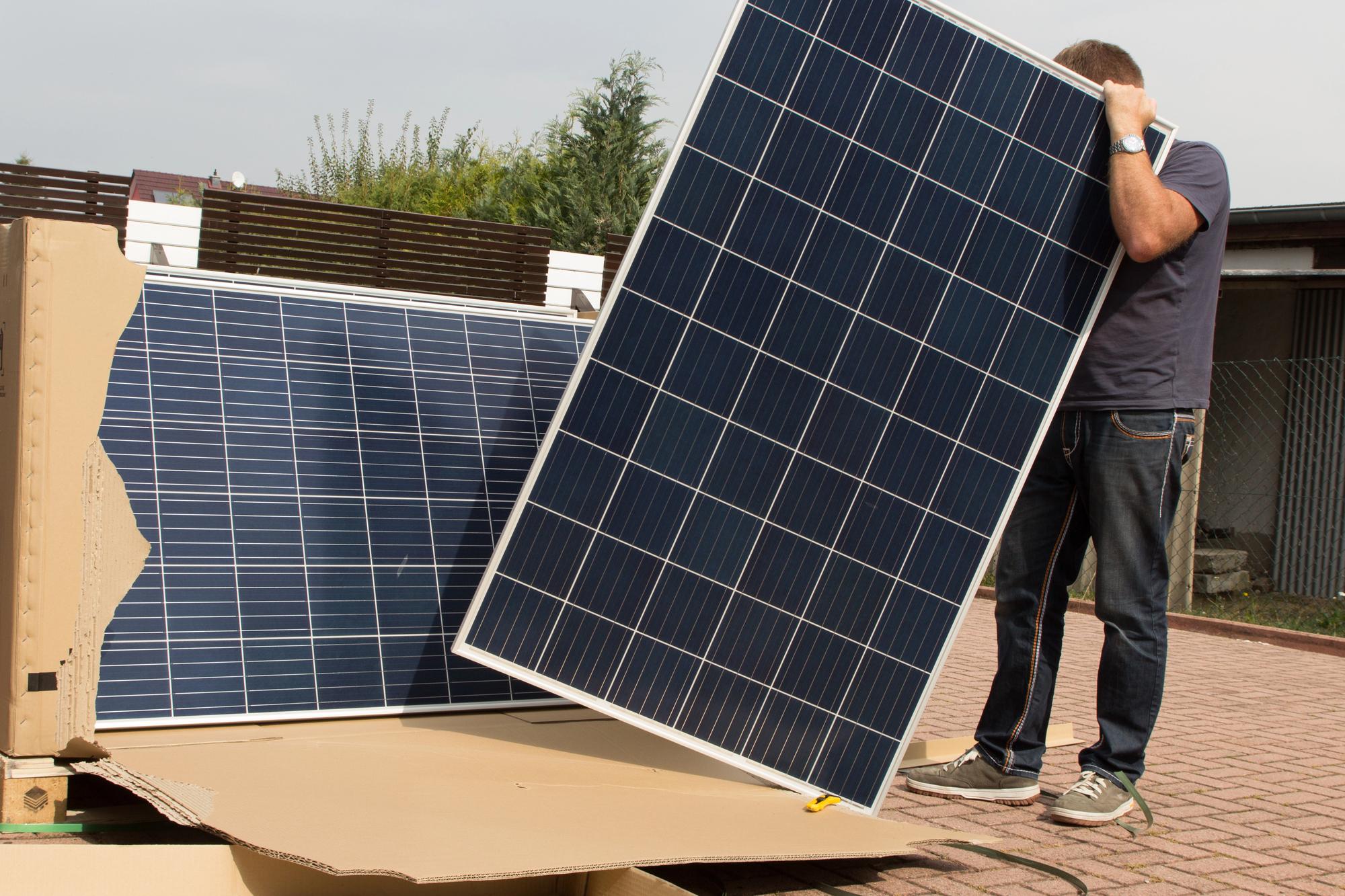The author of a bill aimed at ending the practice of switching off solar panels in Cyprus, Kyriacos Hadjiyiannis, has called on authorities to submit their written comments by the end of the week in order to speed up the process of implementing the innovation.
This is expected to allow the document to be voted on in Parliament before the Easter holidays.
As a reminder, the DISY MP's bill prohibits the disconnection of photovoltaic systems used for personal consumption (as opposed to commercial solar parks). Hadjiyiannis insists that key government players - the Energy Ministry, the Energy Regulatory Authority and the Transmission System Operator - submit their final comments by Friday 28 March. He plans to conclude discussions in the energy committee and present the bill to the plenary on 2 April, the last working day before the Easter recess.
It is worth noting that the Cypriot Energy Ministry and the regulator are generally in favour of the initiative, but the Transmission System Operator wants the text of the document to be amended. In particular, it wants to enshrine the right to switch off solar panels in cases where it is necessary for the stability and security of the energy system.

It should be recalled that the new draft law protects the right of consumers to use energy from renewable sources without interruption and without risk to the electricity grid.
Switching off photovoltaic systems leads to higher electricity bills, which casts doubt on the profitability of solar investments. The main problem is the isolation of the Cypriot electricity grid. Unlike other EU countries, Cyprus cannot export excess solar power and must balance production and consumption in real-time. This leads to disruptions when energy production exceeds demand.
One solution to the problem would be a 'zero export' device, which would prevent excess solar energy from being sent to the grid, reducing the load on the system and helping consumers avoid the additional costs and complexities associated with net metering.
Last week, Cyprus discussed the introduction of zero-discharge inverters, which regulate the output of solar panels to prevent overproduction. However, the installation of such devices would be costly for users. The transmission system operator insists that consumers should have a clear understanding in advance of the rules for disconnection and the criteria by which disconnection is deemed necessary.
